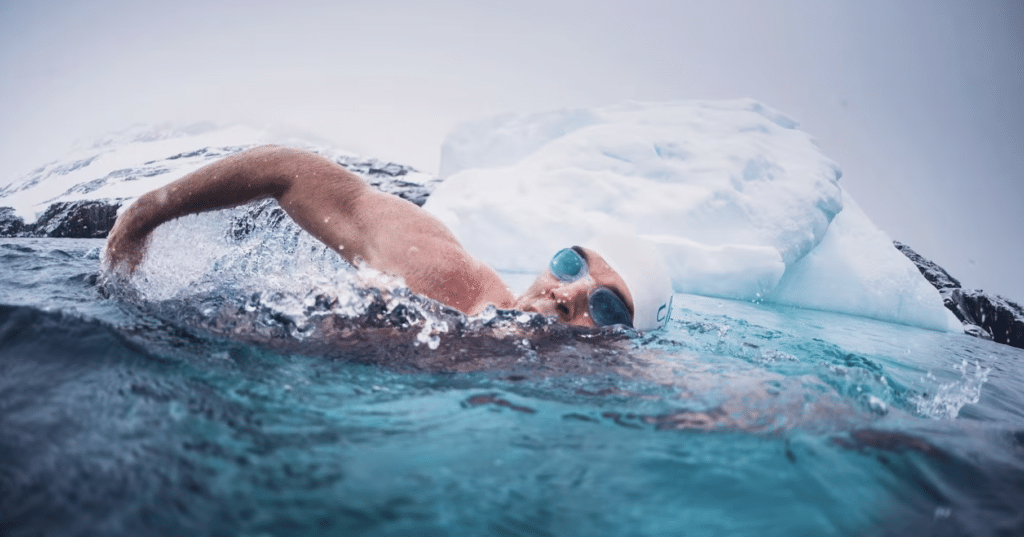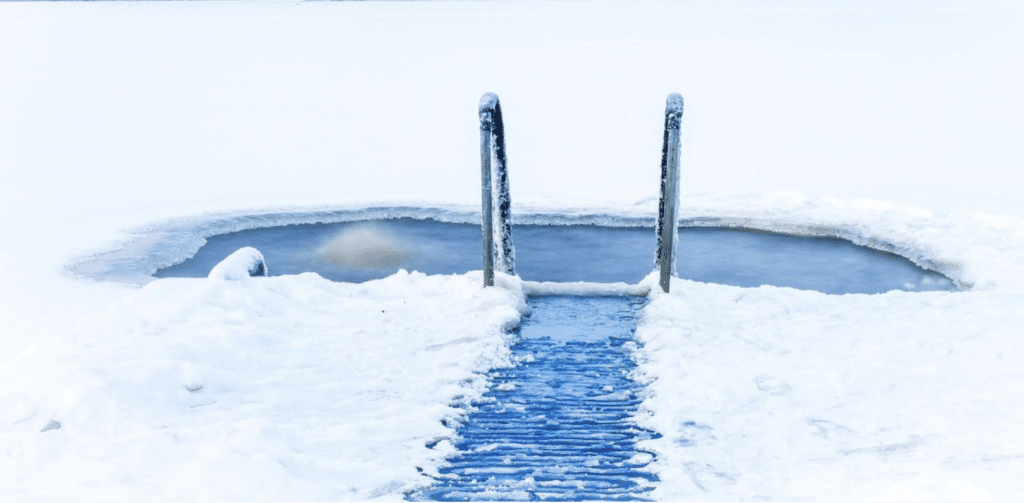The health benefits of cold and cold water have long been recognized. Cryotherapy is a current example. It is used to help the body heal or recover by reaching the nerve endings and blood deep under the epidermis. As you can see, in summer and winter, your pool has everything to please.

Winter swimming, in cold or icy water, also called Ice Swimming, is a sport in full development in France. Native from Finland, it counts today nearly 3 millions of followers. The discipline is practiced mainly in lakes or in the sea in waters below 10°C and, despite the low water temperature, only the swimsuit is allowed to participate in competition. Since 2000, there are international competitions with 2 federations, the ISA and IWSA, which organize their own world championships. It is also considered that the discipline enters the program of the Winter Olympics games.
Our northern European neighbors have understood that winter swimming has many virtues for the body and the mind. Don't hesitate to enjoy your pool in winter! Before jumping into the water, here are a few rules to follow.

We speak about swimming in cold water in a water between 17°c (62°F) and 5°c ( 41°F) . Below 5°c and in case of risk of freezing, we strongly advise you to winterize your pool in order not to risk weakening your equipment. You can also activate your heat pump to keep the water at 5°c and cover it as soon as you get out of the water.
To start swimming in cold water, it is necessary to gradually acclimatize your body (and your mind, for those who are sensitive to cold!). It is important to see a doctor if you suffer from heart or respiratory problems. Indeed, the cold increases the heart rate and can take your breath away. In conclusion, you need to train progressively and regularly.
To immerse yourself in water, there is no question of diving all at once and risking hypothermia!
As in summer, the quality of your pool water is important to fully enjoy the benefits of swimming in cold water on your body. If the proliferation of bacteria is much less important in cold water, you must nevertheless take care to keep a balanced water for swimming.